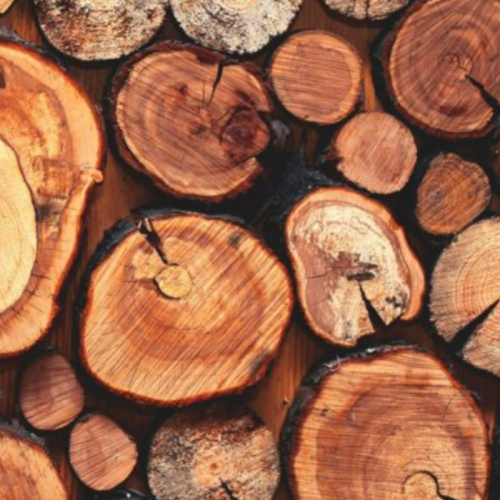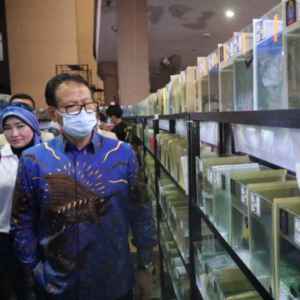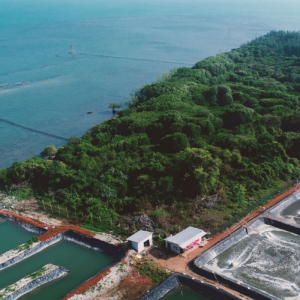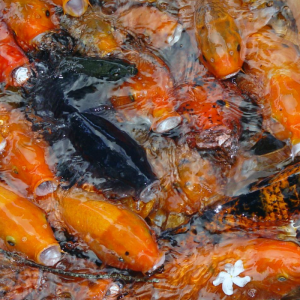
Fishmeal Replacement Derived From Waste Wood Sees Successful Salmon Trial
| Fri, 11 Oct 2019 - 13:22

A US firm's efforts to commercialize a fishmeal alternative produced from wood processing wast received a boost recently when feed trials for Atlantic salmon showed no statistical difference in weight gain from the company's ingredient compared to traditional diets.
Durham, North Carolina-based Arbiom said in a press release that its SylPro product recently saw success in the feed trial conducted by Matis Icelandic Food & Biotech R&D.
“These findings indicate that SylPro can be used to replace fish meal or plant-based proteins in feed for juvenile Atlantic salmon, a crucial developmental stage, and deliver equivalent nutritional performance as conventional protein sources up to 20% inclusion level,” Alexandra Leeper, a doctoral candidate from Matis, said in a press release.
Arbiom's Ricardo Ekmay, its vice president of nutrition, recently told Undercurrent News that his company's "wood to feed" platform is emerging as a strong contender among fishmeal alternatives, a growing suite of protein-rich replacements made from single-cell proteins, insects, food processing wastewater and other technologies.
A major advantage of using waste wood collected from the pulp and paper industry -- material that is usually burned presently -- is that the supply chain is well developed and stocks are plentiful, he said. That will eventually mean lower production costs for its SylPro feed ingredient, which is made from a single-cell yeast that feeds on sugars derived from the wood.
“We are sensitive that we need to be at a specific price point to be competitive to other protein ingredients," he said. "Our economics are built on being competitive with existing feed ingredients without necessarily having to be at a premium.”
Arbiom began life as a contract research organization, he said. It has developed extensive expertise in "biomass fractionation", the process of breaking down the wood into a slurry containing carbon components and sugars, which are then fermented.
The fermented sugars are then food for torula yeast, which becomes the protein used as a fishmeal alternative. Torula yeast is already widely used as a food additive.
Source : Undercurrent News






















